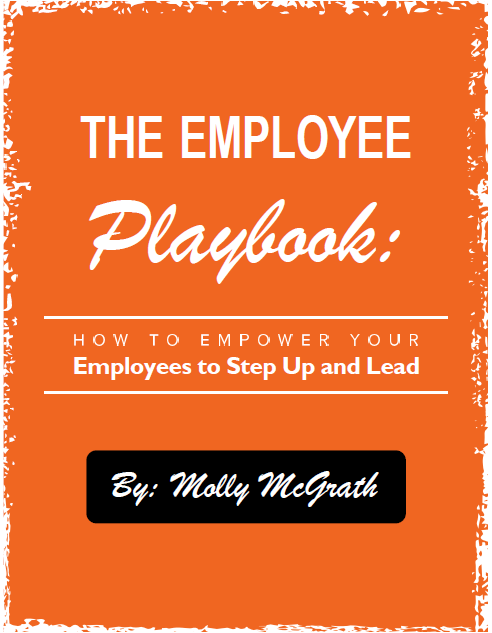 We all have phrases we use that essentially give our power away. They are those certain qualifiers we say, probably without even realizing it half the time, that obliterate the meaning and depth of what we are saying.
We all have phrases we use that essentially give our power away. They are those certain qualifiers we say, probably without even realizing it half the time, that obliterate the meaning and depth of what we are saying.
My dear friend brought this to my attention one day as we were driving. I was telling her a story and said, “I don’t mean this to sound mean but….” Before I could continue saying what I was concerned she would think was mean, she stopped me and said, “You know, we’ve known each other long enough that if I thought you were a mean person I wouldn’t be your friend. So you don’t have to preface your comments with a disclaimer to me.” How refreshing and powerful is that? I realized the power of my words and my responsibility to use them to convey what I really mean. And it required a disclaimer I was either not communicating clearly enough, or I was being a coward and not standing behind what I said by trying to leave a backdoor open of “I didn’t mean it to sound mean.”
Another I’ve discovered I use frequently is “I’m sorry.” When I became aware of it, I realized how many times I was uttering “I’m sorry” every single day. Why? Was I really sorry about that many things? Or was this a catchphrase I was using instead of intentionally communicating what I really meant? We all have them. Other popular ones are “I’m not trying to be funny…” or “You might think this is crazy but…”
So, what’s the big deal, right? Well, in both instances I was giving away the power of what I was communicating. By saying “I’m sorry” I was taking ownership of things that were often out of my control and things I was not apologizing for. But it gave the listener the perception I was. Therefore it released them from ownership in the conversation and made me responsible for things I wasn’t meaning to be responsible for. It’s a dangerous slippery slope to allow someone to thing you were wrong when that isn’t what you meant. It sets precedents and expectations that you will run into later and wonder how they got there.
For a week I refused to allow myself to say “I’m sorry” unless I was truly apologizing for something. Every time my mouth went to utter those words, I paused and asked myself, “What am I really trying to say?” I found that usually when we insert one of our qualifiers we are often stuck in one of these situations:
- We aren’t sure what to say, so we fill space with fillers. The danger in this is, while we are just filling space and may not remember what we said, it may resound with the listener and have an effect we did not intend.
- We might not be confident others will agree with what we are saying. So we leave a backdoor excuse with our catchphrase. So for instance, if you say, “You might think I’m crazy but…” if the listener doesn’t agree that your idea is a good one, you can say, “Yeah, it was just a crazy idea.”
- We aren’t sure how to get a response from the listener, particularly a response of agreement. I found that often my qualifiers were an attempt to get the listener to respond. So if I said, “I don’t mean to sound mean but…” I was often really asking the listener to say, “No, that isn’t mean at all. I agree!” Or if I say “This is a wacky idea but…” I really am hoping the listener will say, “No, it’s a great idea!” And often when I said “I’m sorry” I was hoping the other person would say “Oh that’s OK.”
But how many times might our catchphrase stick when we didn’t mean it to? Instead, what if we said, “I have an interesting idea I’d like your feedback on.” Or, “I have two things I have to get out the door today and can’t help with that task. Is there any other way I can support you or is there something I can help you with tomorrow?”
As powerful as our words are, it’s scary how casually and ineffectively we use them. So challenge yourself. Go for a week without saying your catchphrase and see what it forces you to articulate. If you aren’t sure what your catchphrase is, ask anyone you talk to on a daily basis. They will tell you!
Champions of your continued success,
Laney and Molly
molly@yeschick.com
laney@yeschick.com

